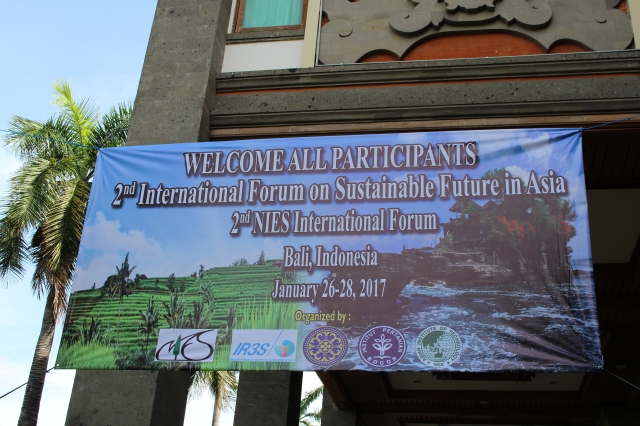
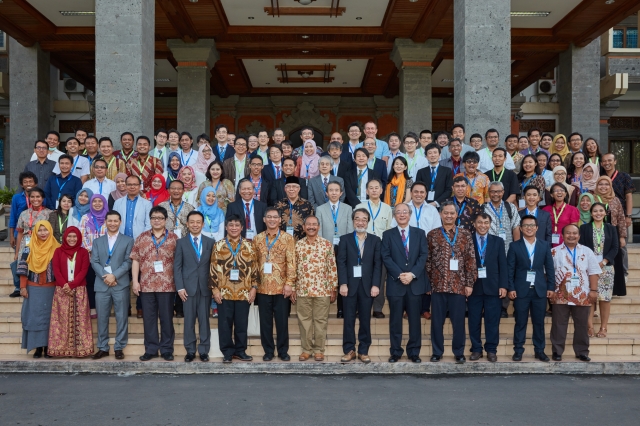
National Institute for Environmental Studies (NIES) organized the 2nd International Forum on Sustainable Future in Asia (2nd NIES International Forum) at Udayana University in Bali, Indonesia from January 26 to 28, 2017.
Since the adoption of the Paris Agreement and the Sustainable Development Goals (SDGs) in 2015, many and varied initiatives are being pursued around the world towards the realization of sustainable societies. Problems continue to mount, however, and Asian region is no exception.
This is the second annual event of NIES for the aim of sharing and discussing the latest findings for the realization of sustainable societies in Asia. The forum was held in Indonesia this year, in collaboration with local and other Asian research institutions. Discussions were held on five themes (environmental monitoring, environmental risks and health, waste management and recycling, biodiversity, and synergizing climate change adaptation and mitigation actions), all of which are included in the initiatives under the 4th Mid- to Long-Term Plan of NIES.
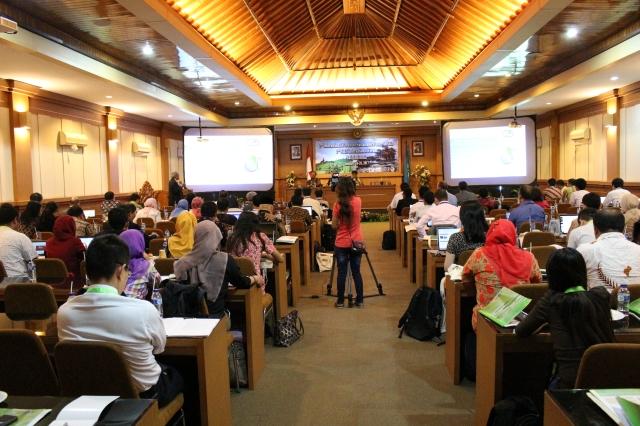
Opening Remarks/Keynote Speeches/Framing Presentation
The Forum began with opening remarks from representatives of the governments of Japan and Indonesia, and the hosting and co-hosting organizations. These were followed by keynote speeches and a framing presentation, which established the position of this forum’s themes within the world’s approaches to sustainable societies
Speakers
<Welcome Speeches and Opening Remarks>(order of appearance)
-
Prof. Dr. dr. Ketut Suastika, SpPD-KEMD
Rector, Udayana University (UNUD), Indonesia -
Mr. Hirohisa Chiba
Consul-General Japan, Consulate-General of Japan in Denpasar -
Dr. Henri Bastaman
Head of Forestry and Environment Research Development and Innovation Agency (FOERDIA), Ministry of Environment and Forestry, Indonesia -
Prof. Akimasa Sumi
President, National Institute for Environmental Studies (NIES), Japan -
Prof. Kensuke Fukushi
Professor, Integrated Research System for Sustainability Science, The University of Tokyo (IR3S, UTokyo), Japan -
Prof. Kazuo Yamamoto
Vice President for Administration, Asian Institute of Technology (AIT), Thailand
<Keynote Speeches>
-
Dr. Medrilzam
Director for Environment Affairs/Ministry of National Development Planning/
National Development Planning Agency (BAPPENAS) -
Prof. Kazuo Yamamoto
Vice President for Administration, AIT, Thailand -
Dr. Edvin Aldrian, B.Eng, M.Sc.
Agency for Assessment and Application of Technology (BPPT), Indonesia /IPCC (Vice chair)
<Framing Presentation>
-
Dr. Fumiko Kasuga Senior Fellow, NIES, Japan
The six representatives delivered opening remarks, expressing their expectations for the Forum. In particular, the question, “How do we combat climate change?” posed by Dr. Henri Bastaman, Head of Forestry and Environment Research Development and Innovation Agency of Indonesia, and the importance of action to combat it emphasized by NIES President, Prof. Akimasa Sumi, were positioned as key focal points of the Forum.
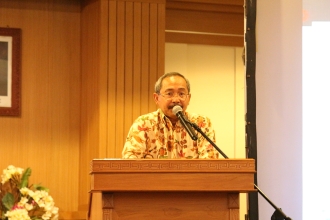
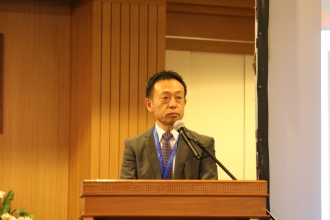
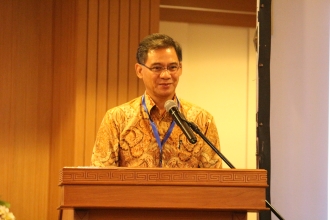
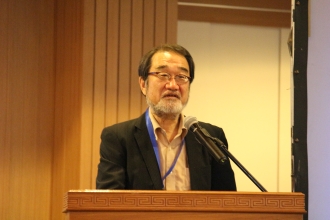
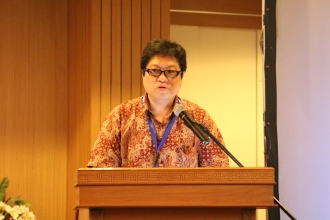
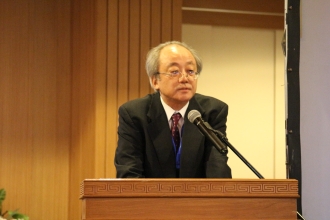
The three keynote speakers respectively highlighted the necessity of bridging the gap between policy and science and integrating the two, the importance of research and education working in tandem, and the importance of both adaptation and mitigation actions for climate change.
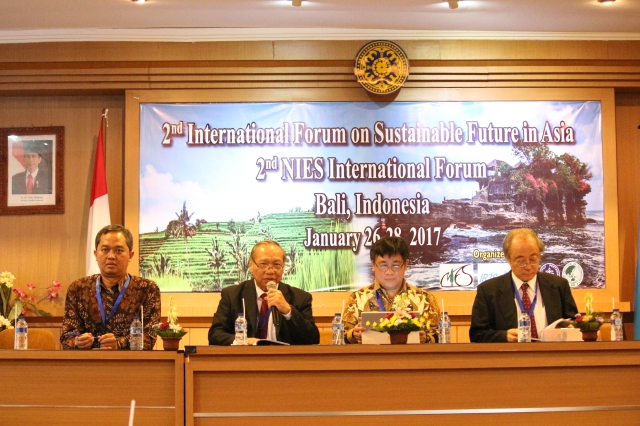
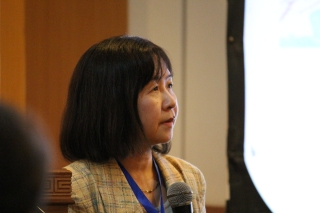
Finally, NIES Senior Fellow, Dr. Fumiko Kasuga, delivered the framing presentation, in which she outlined the various social problems, as well as the roles of researchers and their research activities to solve those problems. Dr. Kasuga noted the need going forward for research that would transcend conventional disciplinary boundaries, as well as cooperation with not only the research community but a diverse range of stakeholders.
In these three sessions, the experts talked about not only the Paris Agreement but also the SDGs. The presenters pointed out anew that measures to counter climate change are essential for achieving the SDGs, and there are great expectations for concrete contributions from scientists towards this end.
Script by Yuri Sugimoto and Shuichi Ashina (Research Project Collaboration Division)
Photo by Seiji Narita(Public Relations Office)and Yuri Sugimoto
2nd International Forum on Sustainable Future in Asia
Web Report
-
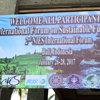 2017-2-2Opening: 2nd NIES International Forum
2017-2-2Opening: 2nd NIES International Forum
-
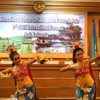 2017-2-3Environmental Monitoring and Environmental Risks and Health
2017-2-3Environmental Monitoring and Environmental Risks and Health
-
 2017-2-6Waste Management and Recycling and Biodivesity
2017-2-6Waste Management and Recycling and Biodivesity
-
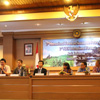 2017-2-10Synergizing Mitigation and Adaption Action
2017-2-10Synergizing Mitigation and Adaption Action
-
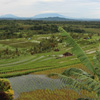 2017-2-23Field Trip to Jatiluwih – Rice terrace designated as a UNESCO World Cultural Heritage Site
2017-2-23Field Trip to Jatiluwih – Rice terrace designated as a UNESCO World Cultural Heritage Site